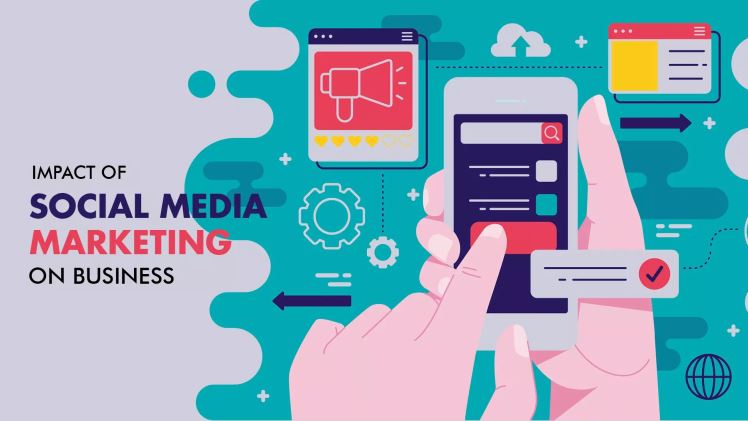Understanding the Impact of Social Media on Businesses

Social Media is a global network that serves as a forum for sharing information and ideas. Users are able to connect with one another as well as brands through it and promote products or services. Due to the rise of its use by businesses, its impact must also be fully comprehended.
Social-media functions mainly fall into four main categories: monitoring, responding to, amplifying and leading consumer behavior. Businesses use these platforms for advertising products and promotions as well as building customer relationships and quickly recognizing trends; as well as customer support or service. They may even collect user data secretly.
Social media provides individuals with a gateway into an otherwise distant or irrelevant world, helping them maintain communication with family who reside far away and finding those who share similar interests. Social media can also be used for professional advancement; finding employment; raising awareness for a cause; selling products such as books or t-shirts; offering advice about careers or relationships – these all are potential uses of this powerful medium!
Social-media platforms have become an indispensable source for news and entertainment, as well as for recommendations of restaurants and businesses. Apps like Yelp and TripAdvisor enable consumers to rate their experiences. Social-media can also serve as an avenue for direct dialogue with brands–oftentimes without ever needing to contact someone by phone or visit.
Social-media can provide an outlet for expression, sharing photos and videos from daily life or vacation. Others use it as an avenue for community connection such as food bloggers or gamers – these groups can act as stress relievers by creating an environment in which individuals feel included, providing support when struggling with mental health issues or depression, and offering relief when times get tough.
Social-media usage brings many advantages, but also risks. Parents of children aged 10-12 have expressed worries over its impact on their mental health due to underdeveloped prefrontal cortices affecting how easily others influence them through positive or negative comments on the platform. There may also be consequences in terms of physical health such as sleep disruption due to prolonged screen use, eye strain and carpal tunnel syndrome arising as a result.
Social-media platforms remain an integral component of modern society, used by billions worldwide and expected to increase. Therefore, it is vital for businesses to gain a deep understanding of how these platforms may influence their operations and business models – in this way ensuring their products and services align with consumer demands while simultaneously developing effective strategies to manage both positive and negative effects of their social-media usage.

